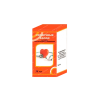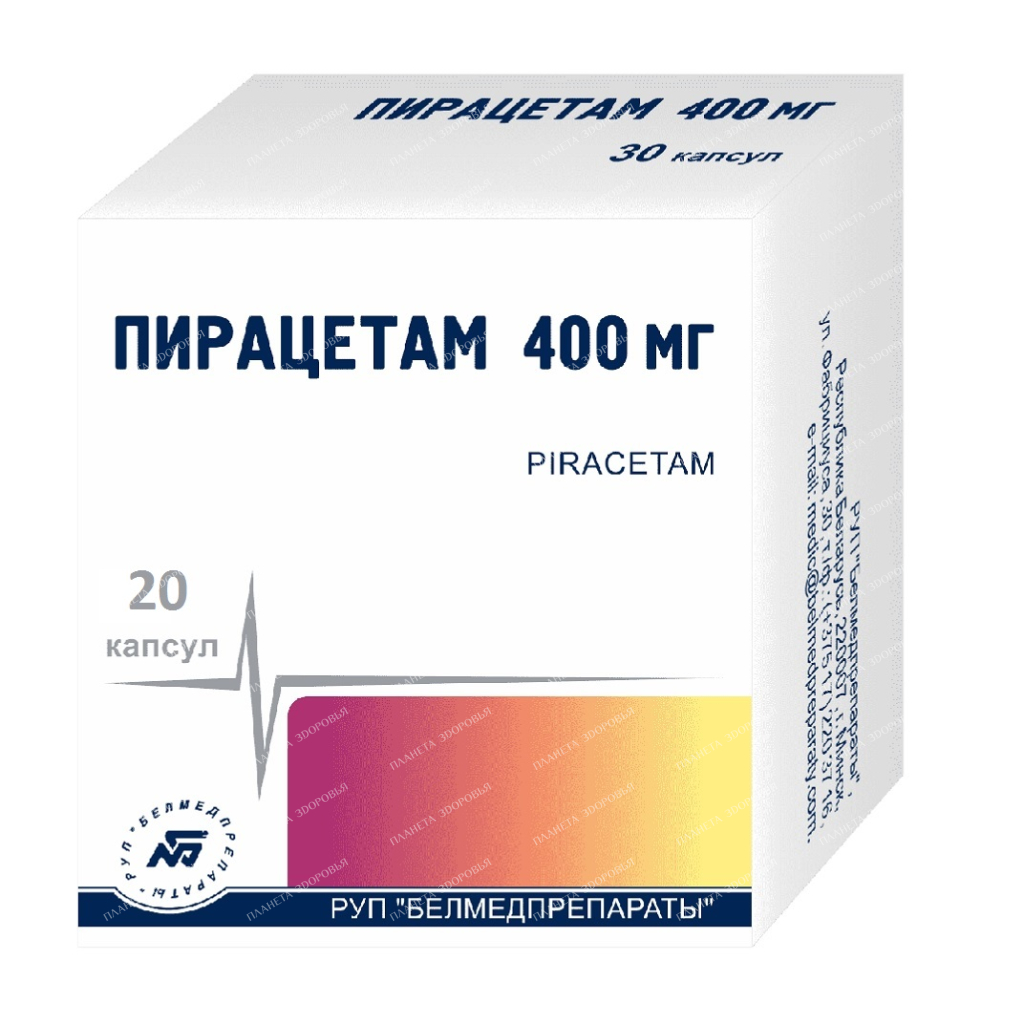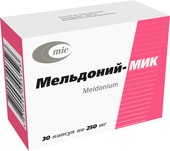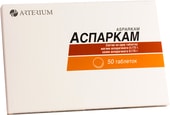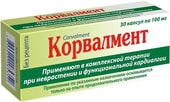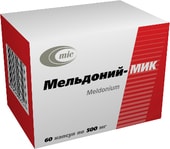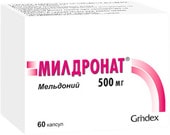Piracetam Capsules 400mg: Enhance Cognitive Function & Improve Memory
Description:
Piracetam capsules 400mg offer a potent nootropic solution for improving cognitive functions and addressing memory issues. This comprehensive guide provides detailed information about Piracetam, including its uses, dosage, potential side effects, and precautions.
Key Benefits:
- Enhances Cognitive Function: Piracetam improves cognitive functions such as memory, concentration, and learning ability.
- Supports Brain Health: This nootropic agent provides neuroprotective benefits and may help address memory impairments associated with aging, stress, and various neurological conditions.
- Improves Microcirculation: Piracetam enhances blood flow to the brain, potentially improving cognitive function and overall brain health.
Uses:
Piracetam is indicated for the symptomatic treatment of:
- Memory Disorders: Piracetam can be used to improve memory function in individuals experiencing age-related cognitive decline or other memory impairments.
- Intellectual Impairment: It may help address intellectual impairment in the absence of a diagnosis of dementia, offering symptomatic relief.
- Cortical Myoclonus: Piracetam can be used as monotherapy or in combination with antimyoclonic agents to reduce the manifestations of cortical myoclonus.
Dosage and Administration:
- Adults: Take as directed by your healthcare professional. The typical starting dose is 4.8g per day, divided into 2-4 doses, for the first week. This can be adjusted to a maintenance dose of 1.2-2.4g per day.
- Cortical Myoclonus: The starting dose for cortical myoclonus is 7.2g per day, gradually increased by 4.8g every 3-4 days until a maximum dose of 24g per day is reached.
- Renal Impairment: Dose adjustments are necessary based on creatinine clearance. Consult your healthcare provider for specific dosage recommendations.
- Elderly Patients: Dosage adjustments may be required, especially if renal insufficiency is present. Regular monitoring of kidney function is recommended during long-term therapy.
Precautions:
- Pregnancy and Lactation: Piracetam should be avoided during pregnancy and lactation due to its ability to cross the placental barrier and enter breast milk.
- Driving and Operating Machinery: Caution is advised when driving or operating machinery, as Piracetam may affect concentration and psychomotor reactions.
- Hemostasis Impairment: Piracetam may affect platelet aggregation, so caution is necessary in individuals with bleeding disorders, recent surgery, or taking anticoagulants.
- Abrupt Discontinuation: Avoid abrupt discontinuation of Piracetam treatment for cortical myoclonus to prevent the recurrence of seizures.
Interactions with Other Medications:
- Thyroid Hormones: Piracetam may interact with thyroid hormones, potentially causing confusion, irritability, and sleep disturbances.
- Indirect Anticoagulants: Piracetam may enhance the effectiveness of indirect anticoagulants.
- Other Drugs: Piracetam does not significantly interact with cytochrome P450 isoenzymes, making metabolic interactions with other drugs unlikely.
Contraindications:
Piracetam is contraindicated in the following situations:
- Hypersensitivity: Individuals with hypersensitivity to Piracetam or pyrrolidone derivatives.
- Psychomotor Agitation: Patients experiencing psychomotor agitation at the time of administration.
- Huntington’s Chorea: Patients with Huntington’s chorea.
- Acute Cerebral Circulation Violation: Individuals experiencing acute cerebrovascular events, such as hemorrhagic stroke.
- Terminal Renal Failure: Patients with creatinine clearance less than 20 ml/minute.
- Pregnancy and Lactation: Piracetam is contraindicated during pregnancy and lactation.
Side Effects:
Piracetam may cause various side effects, including:
- Nervous System: Mental agitation, motor disinhibition, irritability, imbalance, decreased concentration, anxiety, insomnia, drowsiness, depression, ataxia, dizziness, headache, epilepsy exacerbation, hallucinations, confusion, extrapyramidal disorders, convulsions, tremor.
- Senses: Vertigo.
- Cardiovascular System: Arterial hypo- or hypertension, exacerbation of coronary insufficiency, worsening angina pectoris in elderly patients.
- Blood and Lymphatic System: Blood clotting disorders.
- Digestive System: Gastralgia, nausea, vomiting, diarrhea.
- Allergic Reactions: Hypersensitivity, anaphylactic reactions, dermatitis, itching, rash, urticaria, angioedema.
- Other: Increased sexual activity, weight gain, asthenia, fever.
Overdose:
Symptoms of overdose include abdominal pain, diarrhea with blood. Treatment may involve induction of vomiting, gastric lavage, symptomatic therapy, and hemodialysis.
Storage:
Store in a cool, dry place at room temperature, protected from moisture and light.
Disclaimer:
This information is for educational purposes only and should not be considered medical advice. Always consult with a qualified healthcare professional for diagnosis and treatment.
Purchase Piracetam Capsules 400mg Online:
| INN | PIRACETAM |
|---|---|
| The code | 2 734 |
| Barcode | 4 811 098 001 086 |
| Dosage | 400mg |
| Active substance | Piracetam |
| Manufacturer | Belmedpreparaty RUE, Belarus |
Related products
Specialty Supplements
Specialty Supplements
 Free worldwide shipping on orders $99+
Free worldwide shipping on orders $99+  US: temporary delays — postal services aligning new import rules,
US: temporary delays — postal services aligning new import rules,  EU: 1–2 weeks,
EU: 1–2 weeks,  Worldwide: 1–4 weeks
Worldwide: 1–4 weeks 


